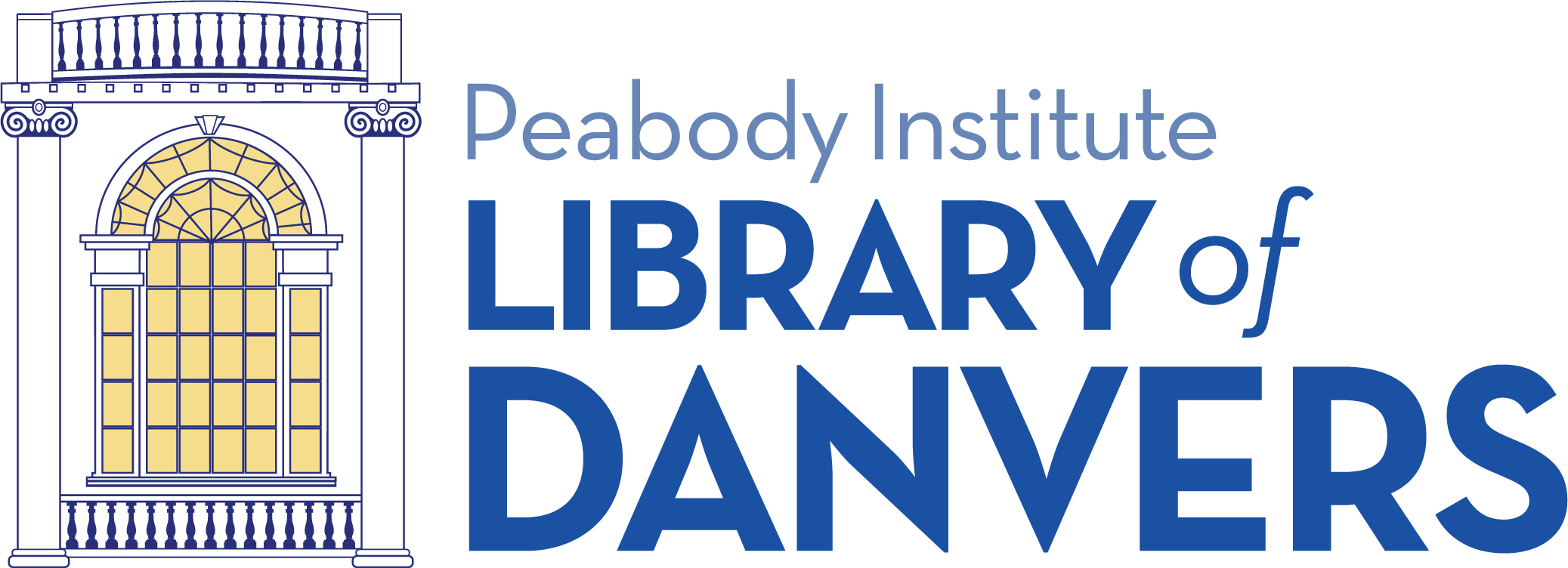Here’s the thing: I really loved Station Eleven (to the point where my review notes included such helpful phrases as “ZOMG” and “more, please”). After being completely underwhelmed by another post-apocalyptic foray (which was a complete dud), Station Eleven felt like a breath of fresh air. (Yes, I did just cringe writing that.) Although Emily St. John Mandel’s premise is par for the course (shreds of humanity post viral pandemic!!!), her narrative capabilities are incredible – and, to that effect, so was her novel.
Instead of splitting her novel into two parts, or focusing singularly on the Georgia Flu and its repercussions, or even alerting us to when a specific section takes place or where or about whom, Mandel spins Station Eleven around Arthur Leander, each chapter and character slowing unraveling from the novel’s opening scene where Leander dies and we meet all our supporting players in an ensemble piece wrapped tightly around performance (both figuratively and literally). A synopsis of the novel is easy to find, and it helps flesh out the details – but only a little bit and then not really. Because that first chapter told from Leander’s perspective? After he had just died spectacularly? That threw me completely for a loop. Mandel doesn’t use the pandemic as her novel’s climax or even its rising action; it’s just there, sitting unobtrusively in the summary, lurking in Jeevan’s future and Kirsten’s past, weaving its tendrils into every nook and cranny until “he/she/they would be dead within the week” becomes just another throw-away line nudging the story forward.
Like I keep mentioning – have I mentioned it enough? I’m going to mention it again – Mandel’s ear for language is magnificent. She builds completely fleshed out back-stories, teasing details until you’re able to create a half-dozen timelines in your head and juggle them all while reading. And then those stories intertwine – and knot, and split – as paths cross and details intersect and you remember that subtle hint dropped fifty pages prior (and perhaps twenty years ago) and you have one of those moments where your eyes widen in silent shock but you just keep reading and you don’t really process anything because the story is so engrossing and you just have to finish and oh my god what a novel.
Seriously.
If only there were more – more words, more story, more anything, really – so that this beautiful wonderful story didn’t have to end.



